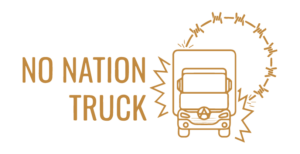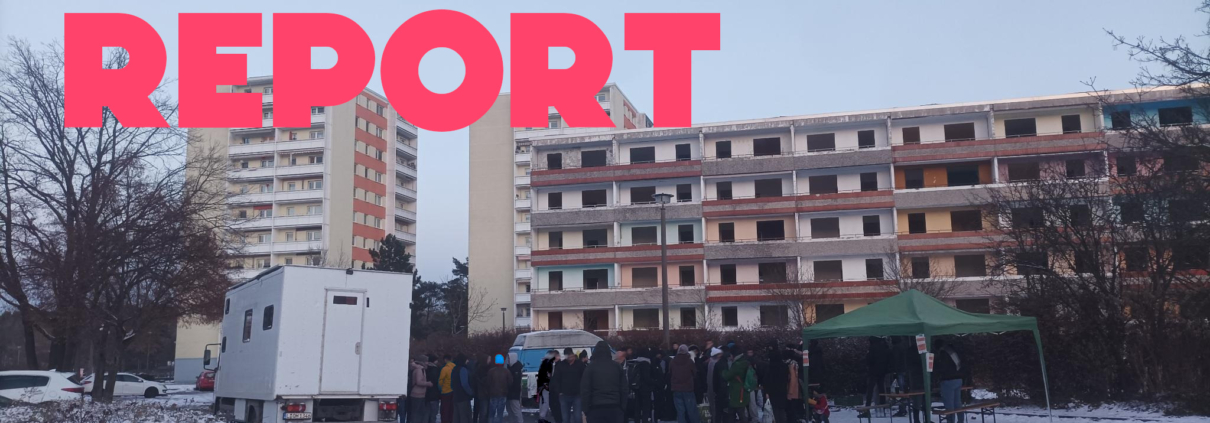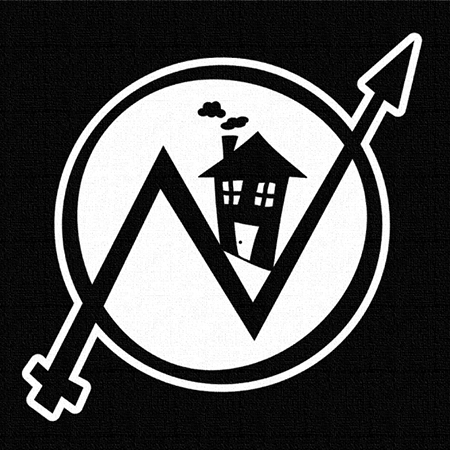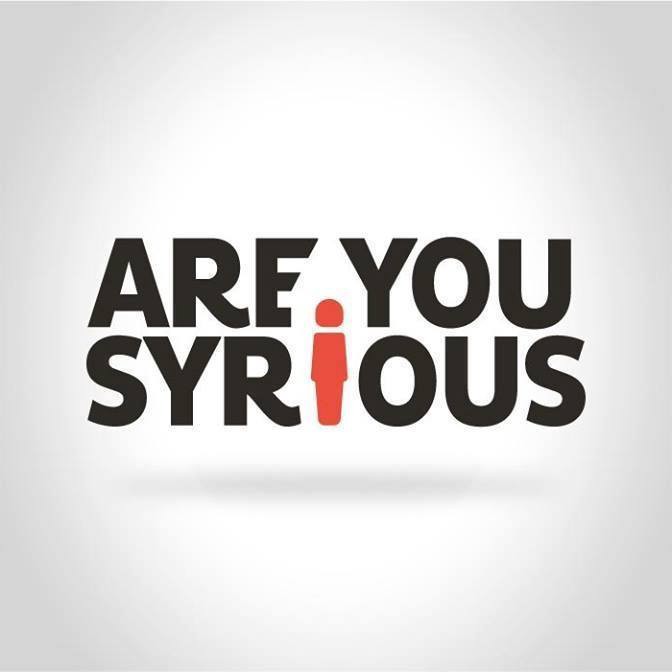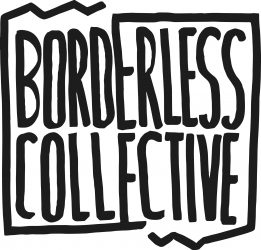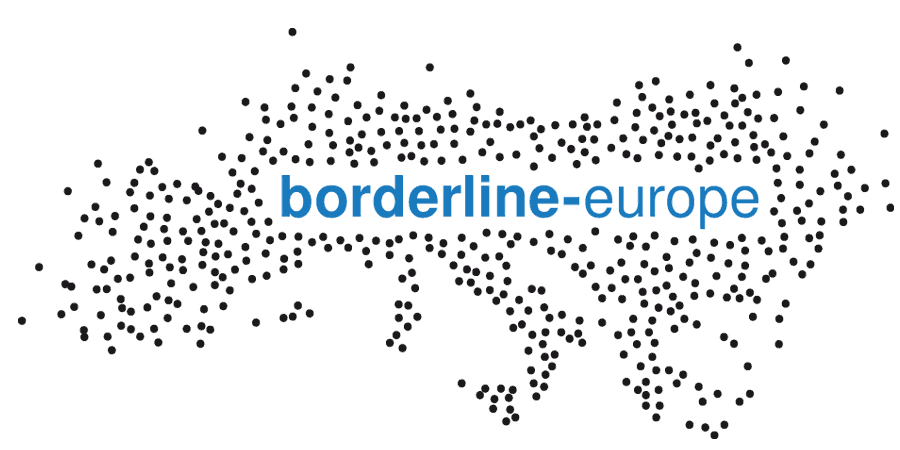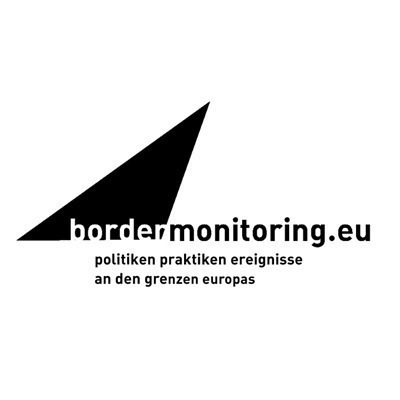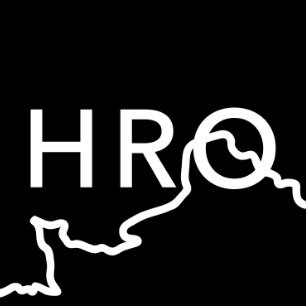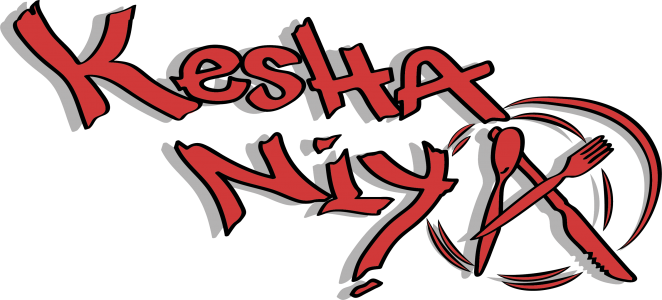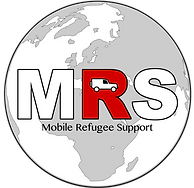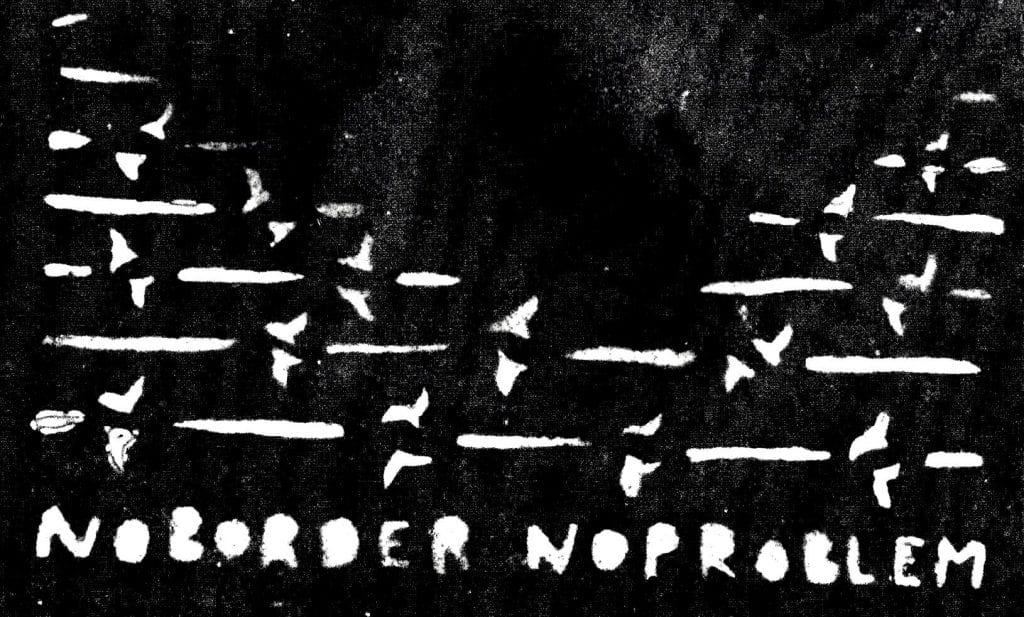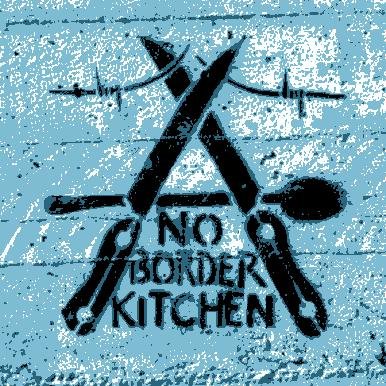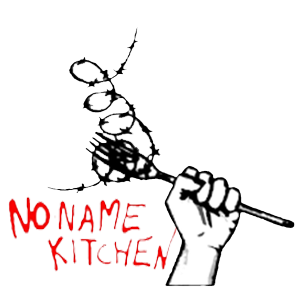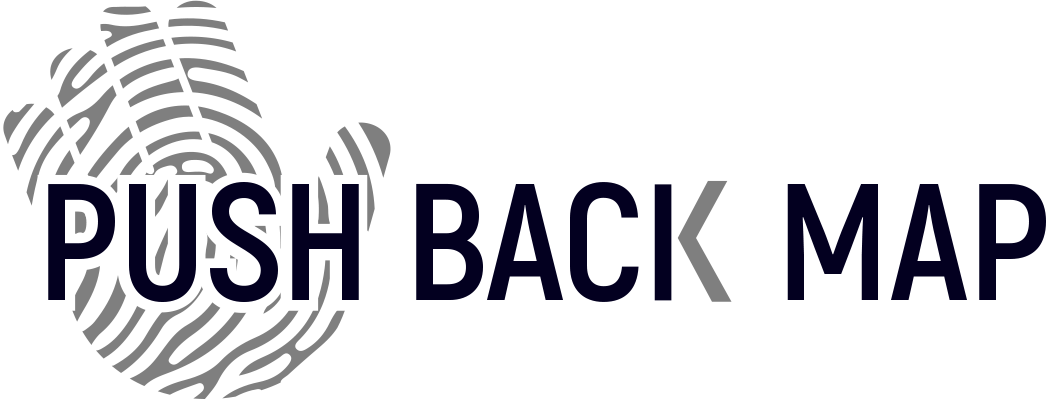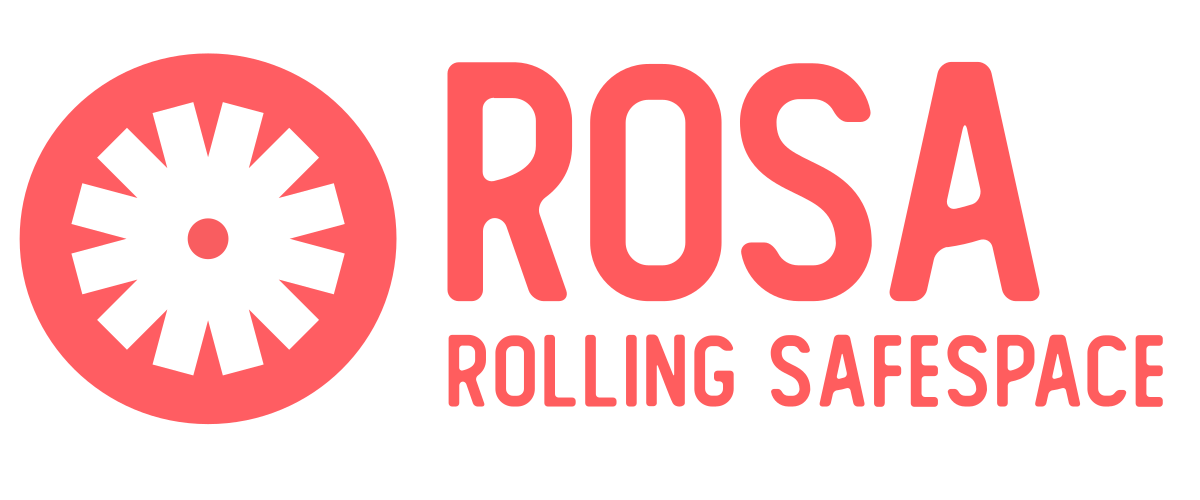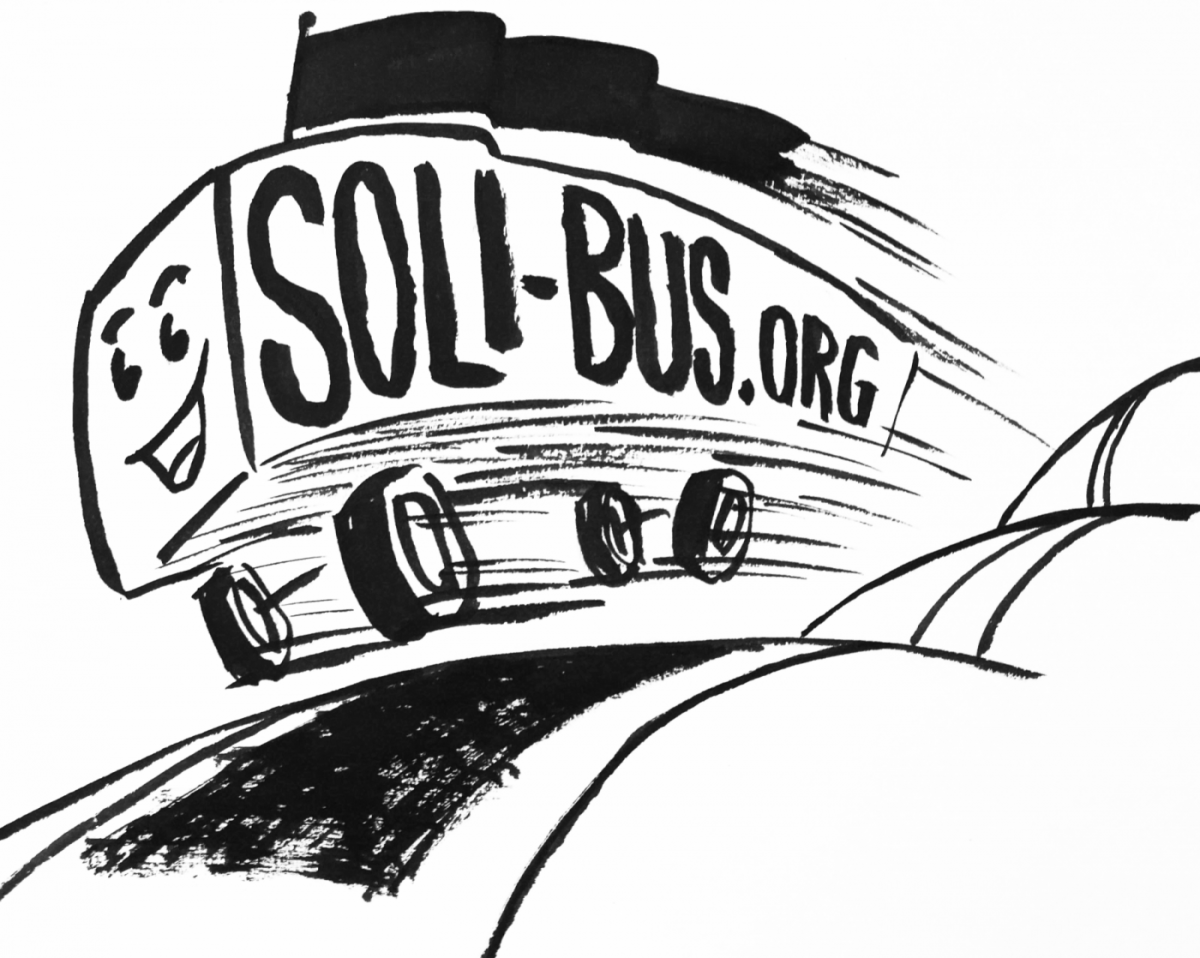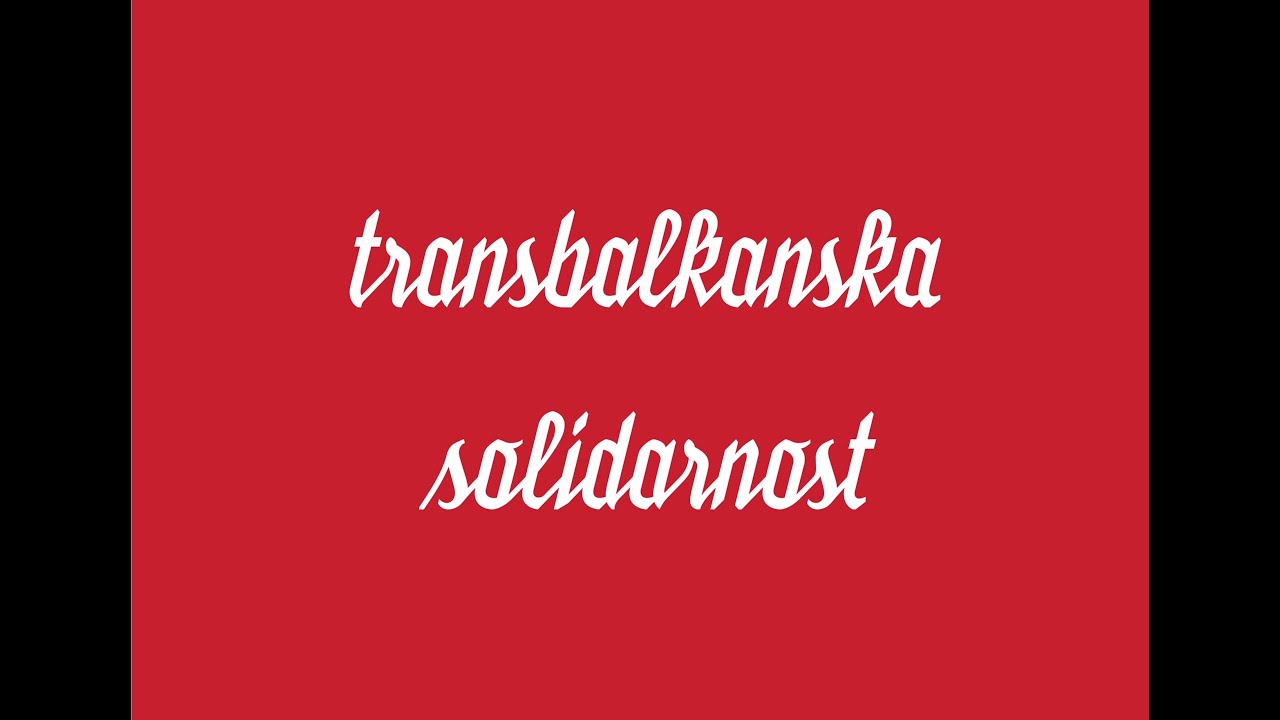NNT goes Eisenhüttenstadt
Barefoot and in flip-flops, a few men stood in front of our truck last week at freezing temperatures and in light snow when we drove to Eisenhüttenstadt for the first time. News quickly spread in the camp, where more than 1000 people are currently waiting for an asylum decision, and more and more people came out into the cold. At times, there were more than 50 people who mainly wanted to get into conversation.
There is little chance of entertainment here, they say, and no contact with the neighborhood or residents at all. We took the No Nation Truck to “Hütte” to find out what kind of support is needed, as we kept receiving reports of problems there. In conversation over warm tea, people told us about various problems in the camp:
No money: many are still waiting weeks, sometimes months, after entering the country for their first money, which they are actually entitled to from their first day in the camp. This restricts their already poor mobility even more, as people cannot even buy a bus ticket to get out of the camp.
Not enough clothes: The clothing storage room in the camp seems to exist, but is not accessible. Opening hours are unclear and poorly accessible, the room is poorly stocked. Many people have had no winter clothes for weeks and go outside in slippers or T-shirts even in the snow.
Isolated: The camp is located on the outskirts of Eisenhüttenstadt. There are no neighborhood centers or contact points that can be reached on foot. Many refugees search in vain for German courses and friendly contacts in the area.
Poor information situation: Independent legal advice in the camp is offered by an association that does a great job, but is very understaffed. Many people lack basic knowledge about the German asylum system, Dublin EU procedures and their rights. There are no workshops or notices in the camp to counteract this situation.
In general, communication in the camp between social workers and residents seems to be reduced to the bare minimum. Whether the food is halal, how to get clothes, where to find psychological help or what steps to take after arrival – there does not seem to be any information material in the residents’ languages and the staff apparently only speak the bare minimum with the refugees.
We have the impression that a lot is missing in Eisenhüttenstadt and that some things need to change. We do not intend to take over the tasks of the state here. Together with allied collectives such as the No Border Assembly, Women in Exile, the frach collective and Küfa groups, we want to create a space in the coming weeks where people can network effectively and support each other so that pressure can be put on the institution.
Living and arriving in Eisenhüttenstadt is inhumane and must become better!
Right to come, right to go, right to stay.
